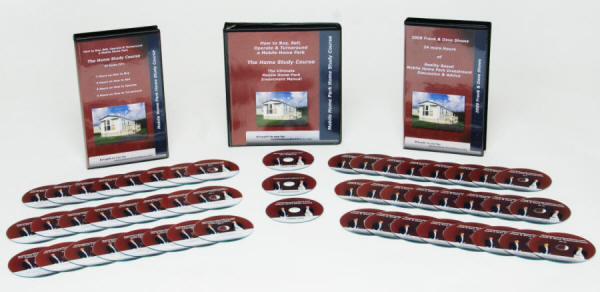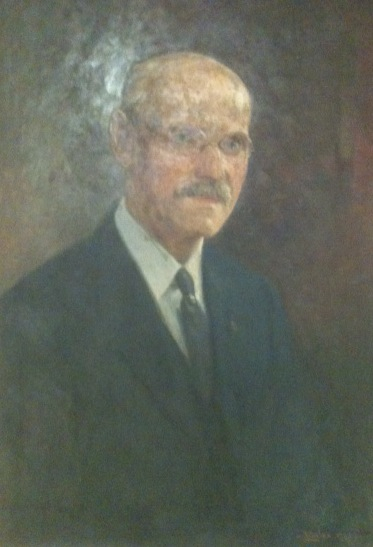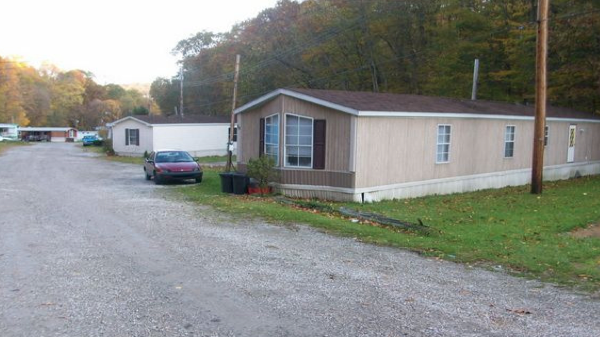Of the many things I’ve learned from hanging around Dave, one of the most important is the relative importance of mobile home park managers. As you know from my earlier books, I have always held the manager in the same regard as a chimp in the zoo. However, I have learned that my low opinion of the species – however accurate it may be in some parks and areas of America – is still a poor attitude on my part, that actually is bad for business. My consistent negativity on this subject is simply not productive and needs to be conquered by all park owners. In addition, I have learned that not all managers are created equal and, with proper training, a marginal manager can be made great. I have also learned that geography has a huge part in the performance of the manager and the residents, in general.
As long as you have to have them, you might as well give it your best shot
When I invented the name of “greeter” to describe the warm body you pay to be on-site, yet is devoid of any real manager duties, the failing of my concept is that you can never truly eliminate the position. So as long as you are stuck with managers, why not do your best to make them as good as they can be? One of my favorite slogans from the civil war is “the best chance you have at success is to put your bayonet on and run screaming at the enemy”. In other words, give 110% to anything you do, and the odds are more in your favor. But I was too resigned to the fact that my old managers were morons and, rather than try to work through their weaknesses, I just assumed the worst and moved on.
Proper training in essential
One problem I always had with my managers was that I disliked every minute of the personal interaction with them. I wanted them to know what to do, but I hated to be the one doing it. I remember one time when I was having lunch with my new manager at Pancho’s Mexican Buffet in Oklahoma City, and all I wanted to do was get up and walk out. I hated the food, hated the whole process, and just wanted to go home. I knew that, here I was wasting a couple days with this person who would probably not work out and I’d be firing in 60 days, and I was missing out on lots of things at home that were of much more interest. Because of the poor training interaction, my managers had no idea exactly what I wanted them to do. To fill that gap, I’d do almost everything myself. I still don’t want to train managers, but I’m more aware of the necessity of the process. You cannot expect people to do things that they were never trained to do. If you dislike the training process as much as I do, you can soon just train your managers with our new Certified Community Manager Training Program, and stay at home. Or you can go spend a day at Pancho’s – the choice is yours. But it is imperative that you teach the manager exactly what you want done. You cannot skip the training process and expect good results.
Keeping the manager focused and motivated is equally important
McDonald’s spends a lot of time and energy in motivating their employees. All of the most successful businesses in the U.S. do so. But mobile home park owners have a different approach: ignore the manager and give them not one motivational accolade. This results in a manager who thinks “it doesn’t matter what I do, nobody cares”. This is not good for your business. I was as guilty as anyone of making no attempt to spur morale. I would call managers that were doing poorly constantly, and ignore the ones that didn’t have a crisis. I now know that you are making a bad decision if you do not keep your manager’s spirits high. By keeping the manager in good spirits, you will get better performance and a more positive attitude, and that will filter down through your entire park. If you can’t spend the time to keep your manager pumped up, then let the Certified Community Manager Program do it for you. But you need to be doing it, one way or the other.
The impact of geography
One of the biggest lessons I’ve learned from Dave is the difference in how managers (and tenants) perform in different parts of America. What doesn’t work in Oklahoma works all day in Wisconsin . My original portfolio was only in four states: Texas, Oklahoma, Missouri and Louisiana. Our current portfolio is in 17 states. I now have seen first-hand the importance of location, location, location. What I’ve found out is that managers in certain parts of America actually work quite well, and are almost of a different species than the others. When I talked poorly of managers in the past, it was based on my experiences in just those select areas. What I’ve found is that those assertions were not true based on a larger footprint, any more than you can say that the U.S. is 100% flat because you’ve only been to Kansas.
Conclusion
Training and motivating managers is difficult, but absolutely essential. Treating them like lesser members of your team is stupid and counter-productive. If you want to make your park as profitable as possible, then you need to appreciate the role of the manager and put in the effort accordingly.









